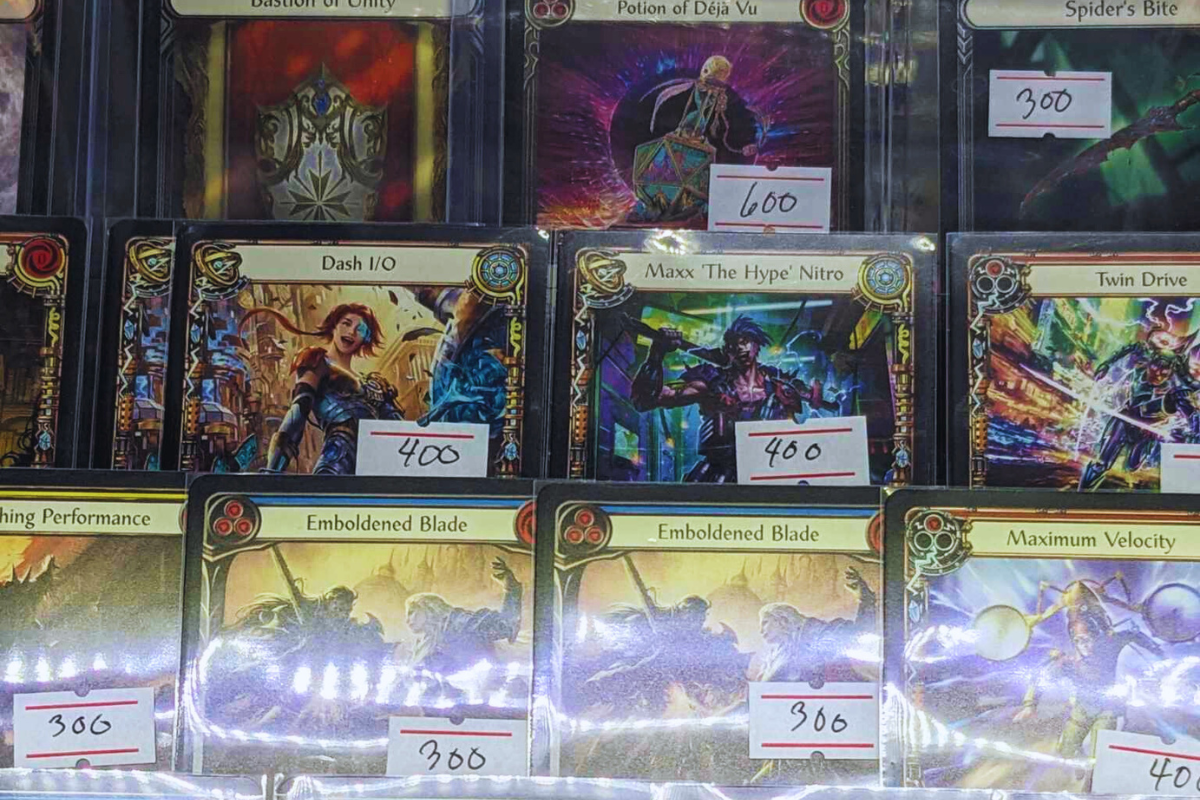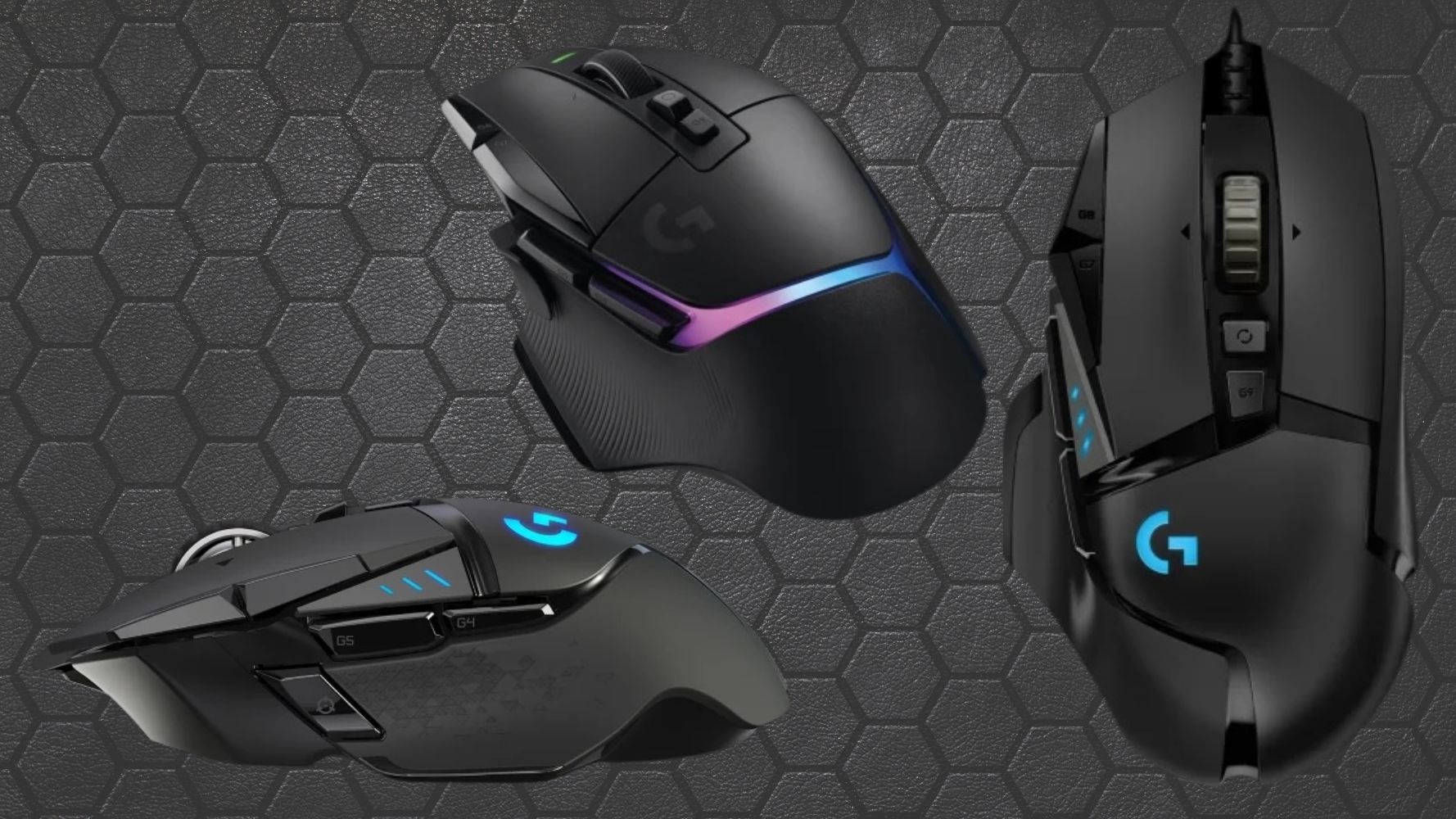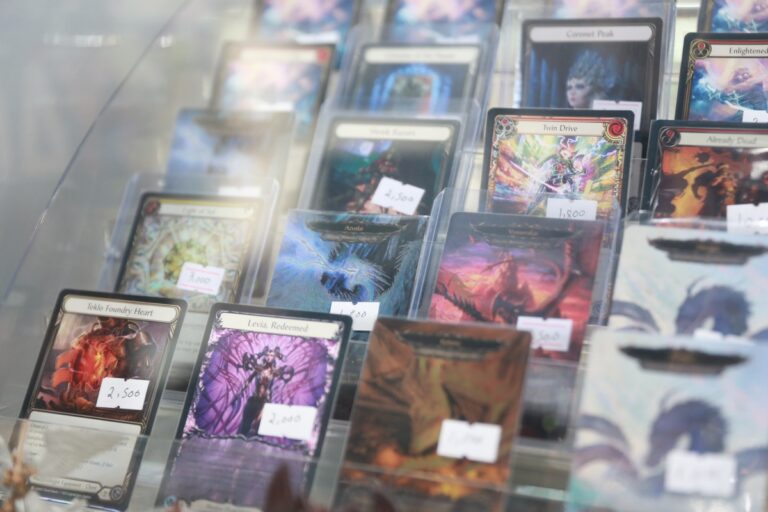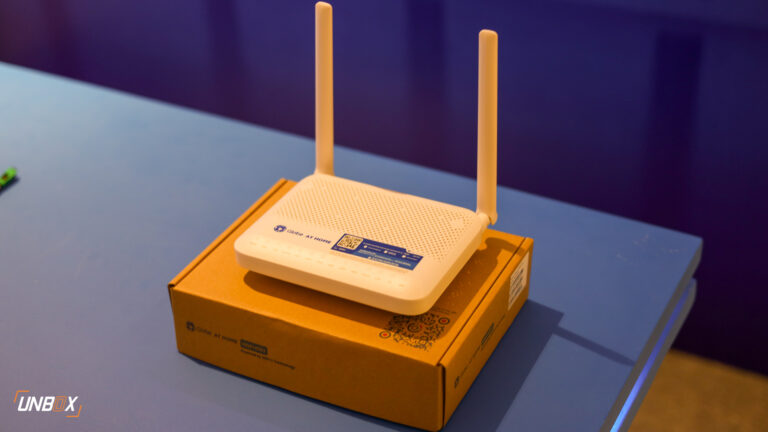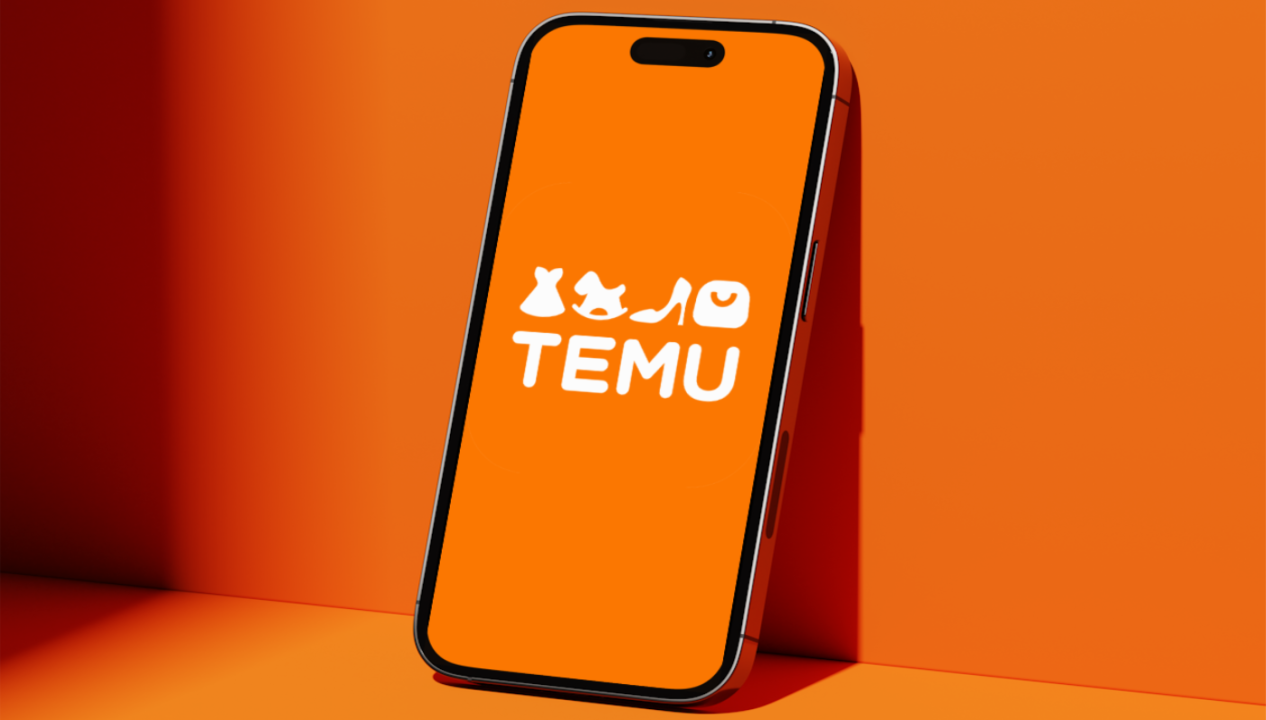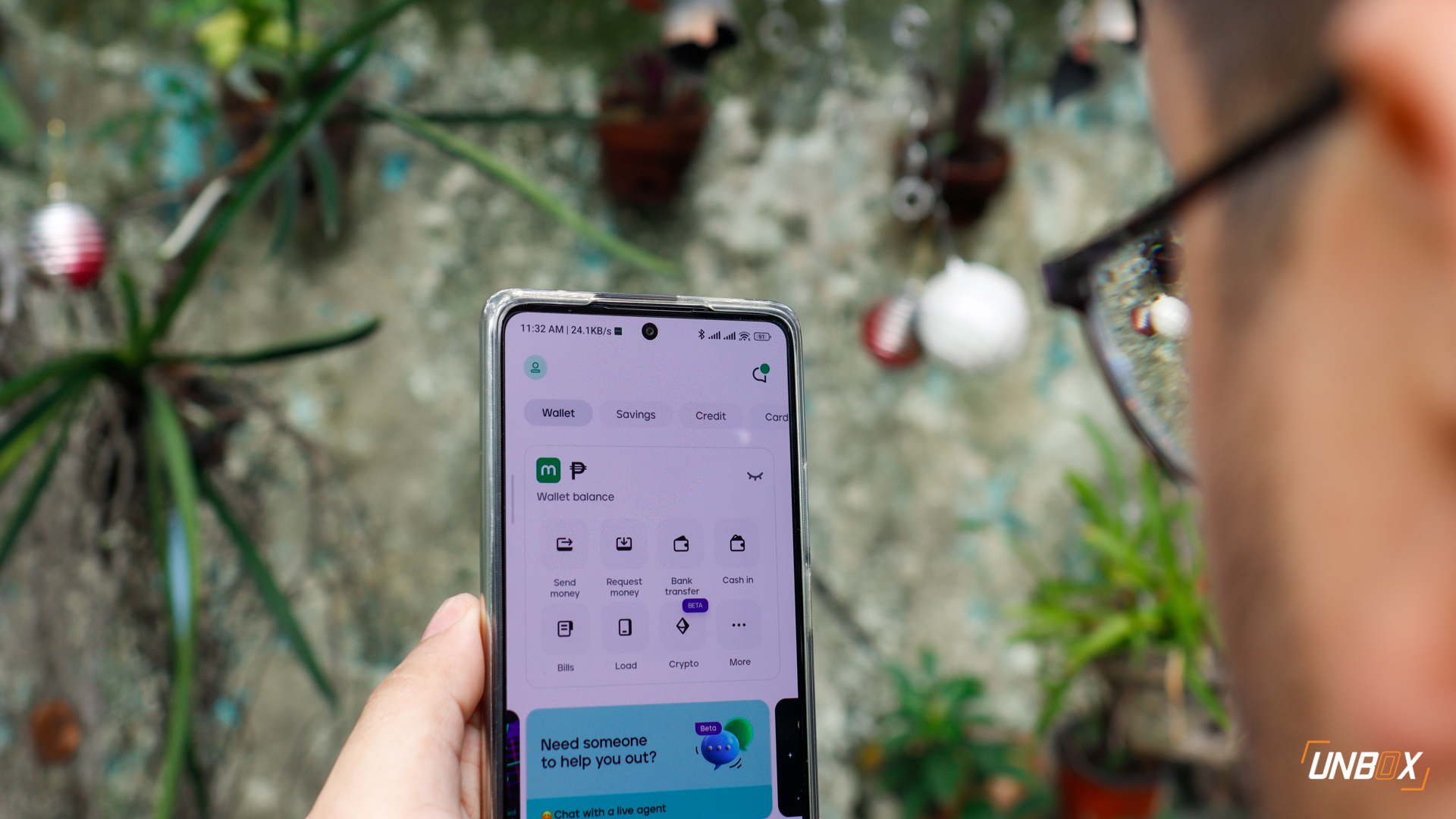For today’s article, we’ll discuss how to make money in Trading Card Games as a player in the Philippines who’s taking up the hobby. One of the joys of being in the TCG hobby is the option to buy, sell, and trade the cards that you get with other players. We’ll go through some of the ways and opportunities to do so, however, I’ll have to preface everything with a little dose of reality.
You see, making money doesn’t necessarily mean raking in profits and I’d highly recommend against trying to make a career out of it as an individual player, especially if you have limited resources. What I’ve listed below are ways that you can maximize opportunities to make a little extra cash that can hopefully minimize or even offset the hobby’s expenses. They are also stuff within the hobby’s usual context, so I won’t be discussing opportunities that are possible outside of it like content creation or sponsorships.
How To Make Money From Trading Card Games In The Philippines
- Selling Single Cards
- Winning in Tournaments
- Speculating
- Trading Up
- Flipping
- Creating Communities
How To Make Money From Trading Card Games In The Philippines: Selling Singles
Selling single cards is probably the most common way to earn money in Trading Card Games. There will always be a demand for it since most players would prefer to pay money and skip the whole randomness of opening packs or boxes for the card that they want. Most of the in-demand cards can be expensive and cost hundreds to thousands of Pesos just for a single copy.
Profitability, however, is a different matter because this method boils down to one thing: your luck. For a single card to be profitable, it has to cover the cost of all the packs that are opened to acquire it.
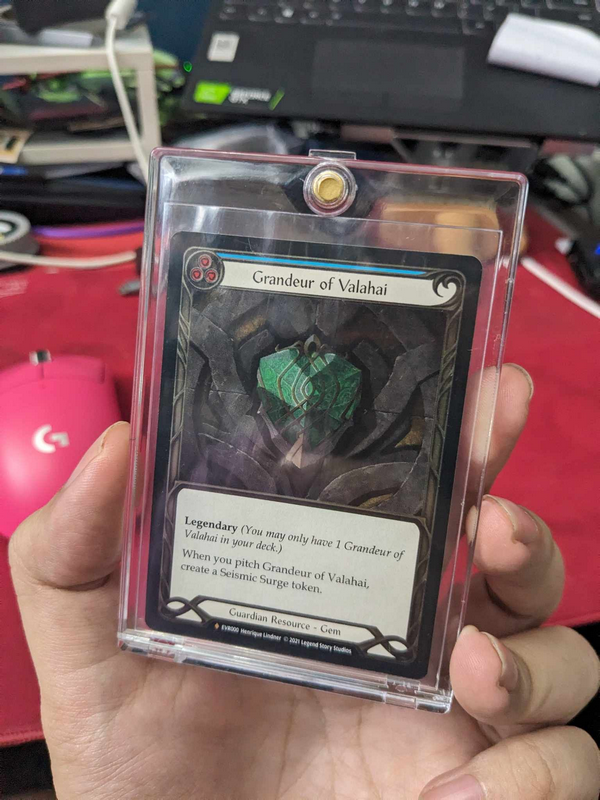
Sometimes it’s a simple one-and-done: you open a Php 250 Flesh and Blood TCG Dynasty pack and pull a Php 50,000 Marvel-rarity Command and Conquer out of it and walk into the sunset Php 49k+ richer. However, the odds of pulling one are less than one percent. For the vast majority of Dynasty pack openers, the cards they get often have a total value of less than Php 250.
This is because Dynasty (and a few other sets) is kind of notorious for having a low Estimated Value (EV). EV defines how profitable (or not) a box is by opening a lot of boxes and getting the average value per box. Numerous YouTube channels have dedicated themselves to the niche of box openings, and in the process have determined which sets have decent EVs and which aren’t. However, this process of opening lots of products to offset any bad EV and increase the chances of getting valuable cards isn’t for everyone, as it requires a significant amount of capital, not to mention time and effort in storing, sorting, pricing, and selling the singles themselves.
So what’s the average player to do? If you’re like me and just have enough money to spend on the essentials of the TCG that I play, it’s better to find profits in the other aspects of the hobby. Or better yet, accept the fact that it’s just an expense and the best we can do is mitigate the costs through selling the valuable singles that somehow luckily fell into our hands.
If you do have capital to spare and want to throw your hat into the ring of the secondary market, then know that there are a lot more factors to consider besides acquiring cards and then selling them. I’ll discuss more of these in the last section below.
How To Make Money From Trading Card Games In The Philippines: Winning Tournaments
Most players take up the TCG hobby partly to satiate their need for competition. After all, most TCGs have a competitive circuit that spans from the local weekly tournaments to the World Championship. For example, FaB TCG has a $1,500,000 Pro Circuit that awards major cash prizes in their big tournaments around the world.
In addition to this, tournament winners often get special cards as prizes in addition to the cash. These often end up being worth more than the cash prize itself. For example, the current biggest offer for the Gold Cold Foil Crown of Providence that Justin Cu won in Calling Taipei (a major international FaB tournament) is $25,000.
This, of course, can be scaled down to a local level. Weekly tournaments offer special cards to the winners, and some people will be willing to buy them for their collection, especially if they are good, particularly during the first week of its release when the supply is low. I remember selling weekly some Armory Cold Foil promo cards for Php 1,000 each during the first couple of weeks, then watching its price plummet towards the end of the month.
Outside of cards, some weekly tournaments award other prizes like playmats, deck boxes, or card sleeves to consistent performers and attendees. Depending on how exclusive these are, their prices might vary but it’s still more money going into our pockets if sold.
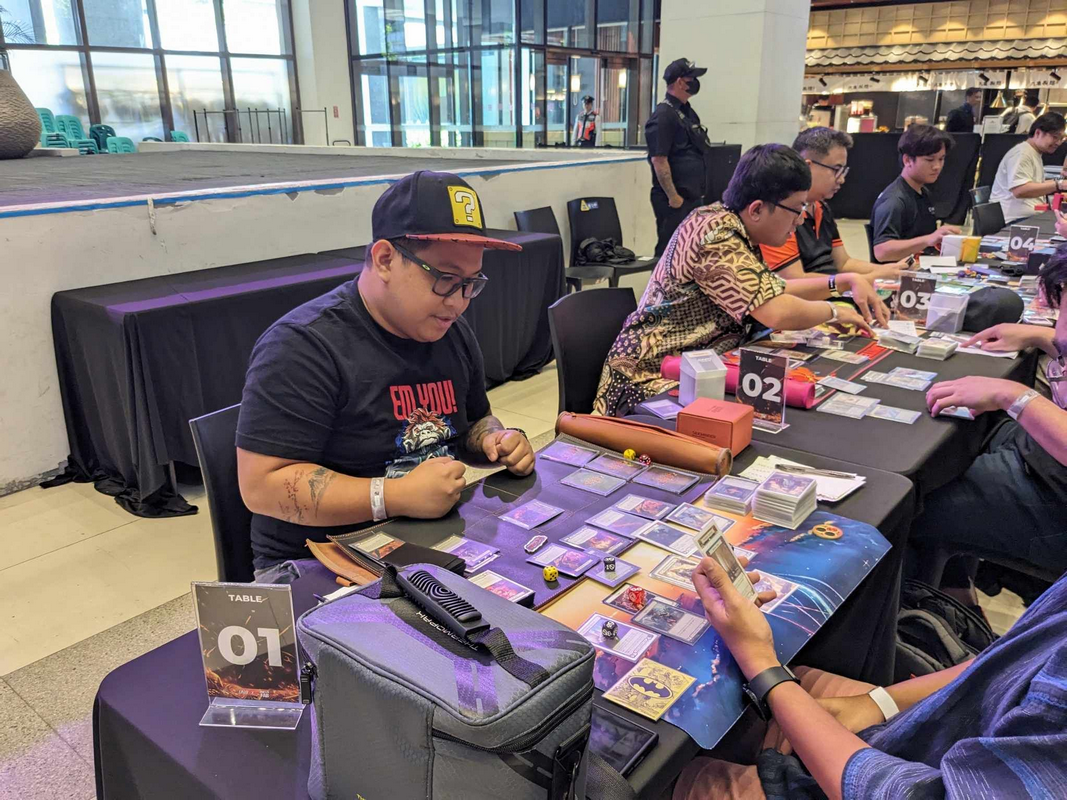
Bigger local tournaments, of course, offer better prizes, but the competition gets a lot tougher. This is probably the single most important roadblock that you have to clear. To do well in tournaments, you need to have the skills to compete, have a good deck to play, and of course, be a little lucky. Oftentimes this means spending more on cards, which makes it harder to break even or turn a profit if that’s what you’re mainly after.
So let’s discuss profitability in this area. To be honest, there’s none unless you’re somehow the best in your area in the TCG that you’re playing and can win consistently. For one, you have to offset entrance fees with the pack prizes you get for winning (e.g. I pay Php 400 to enter our weekly Armory, get 3 packs (worth Php 650) for winning + the promo card (worth Php300 on average) ). Then you have to worry constantly that a losing streak will set you back A LOT. A bad Armory will only net me a participation pack worth Php250 and one of the more useless promo cards that nobody buys. That’s already negative Php 150 plus any other expenses for that day (which we’ll discuss below). Two bad Armories will wipe any potential profits from the first one, and if you happen to play in my neck of the woods where some of the best players in the game gather weekly, this happens a lot more often.
So where do profits lie? Realistically it’s only when you win major tournaments that you’ll get any notable rewards. Even then, some of the prizes will just let you break even on the costs you’ve spent on the hobby. Grinding weekly tournaments for prizes isn’t always an option as it requires considerable time and effort for rewards that aren’t always guaranteed.
If you’re planning on this route, my advice is just to spend as you need to be able to compete, get good at the game, compete at the biggest tournaments that you can, and don’t worry about anything else. You can always do your profit margin calculations after you’ve won something huge. Until then, it’s just trying to break even or offsetting costs.
How To Make Money From Trading Card Games In The Philippines: Speculating
One of the benefits of trying to get good at your TCG hobby is you pick up skills that can prove to be useful in the long run. Evaluating cards can be one of those. The process of acquiring cards to be sold at higher prices later on when they (hopefully) become more valuable is called speculating.
One of the best times to Speculate is during the pre-release events of new card sets. Players opening and playing with the new cards means that some of them will be initially overlooked and undervalued, and it’s simply a fun challenge to try to find out which of these are.
For example, during FaB’s pre-release event for the Outsiders set, I came across this card called Down And Dirty. It’s a lackluster card at first glance, and many players groan in disappointment (me included) upon opening one because it took up a Majestic-rarity slot, which could have been a more valuable card. Some players are willing to sell theirs for just around Php 100 just to get it off their hands. I didn’t know any better at that time but decided to buy some anyway to complete my own set plus a few other copies since they’re selling it for cheap anyway.
It wasn’t until a month later that the card’s price spiked up to Php 600 because, in practice, it’s an amazing defensive tool against the popular Illusionist class. Its price has never gone down ever since.
The inverse is true as well – some cards are overhyped and initially expensive but turned out to be complete duds after a few tournament results. There are exceptions as well – some cards are initially expensive but continue to grow in value as time goes on.
How would you know if a card’s good enough to speculate on? There are a lot of ways to approach this problem, but here’s mine: I often check the rarity first. More rare cards that found use later on generally have bigger price spikes because of the less supply. Plus it’s a bigger reward for the effort – it’s easier to pore through a short list of “useless” rare cards than a long list of commons that’ll yield smaller price spikes because they’re everywhere.
Second, I check if they provide any of the following: a relevant answer to a current (or even future) metagame problem, introduce a new kind of strategy (which might be lackluster in theory, but strong in practice), or might have mechanics that could work well with current, or better yet, upcoming cards.
In my case for FaB, some Heroes and Classes are also cheaper than the rest because they are less popular or less viable competitively, and I can try purchasing their cards for now when they’re cheaper and hope they get some upgrades in the next few years – so there’s some opportunity there too.
Is it profitable? That would depend on the performance of the speculated card, and it’ll all boil down to how the metagame evolves and how correct you are at predicting its direction. There’s a huge upside if you can buy a card for cheap and watch it grow in price, but the reality is that it rarely happens and you’ll often end up with an unsellable stock of them. Still, each of these speculations is a bet that can pay off in the future – there are some cases where cards are useless for years until something that makes them powerful comes along, so it’s not completely a wasted effort.
How To Make Money From Trading Card Games In The Philippines: Trading Up
This is more of a hands-on approach because it involves negotiating and being aware of the local supply and demand for specific cards. Trading up is asking for more than the value of a card because of certain leverages. It could be that the local supply is far less than the demand. It could be that you are the only immediate source of that card. It could be the urgency of the buyer, etc. Whatever the case may be, it’s a good practice to have a justifiable, reasonable, and fair explanation for the added price in case the customer asks.
How To Make Money From Trading Card Games In The Philippines: Flipping
Flipping is finding opportunities where cards are being sold for lower prices than usual, and then selling them at market value or higher. The usual sources for low prices are players who are looking for a quick sale and are willing to reduce their prices if you buy it now, players who are quitting the game and are looking to turn their collection to cash, or players selling cards in bulk at a discount.
How To Make Money From Trading Card Games In The Philippines: Creating Communities Around The TCG
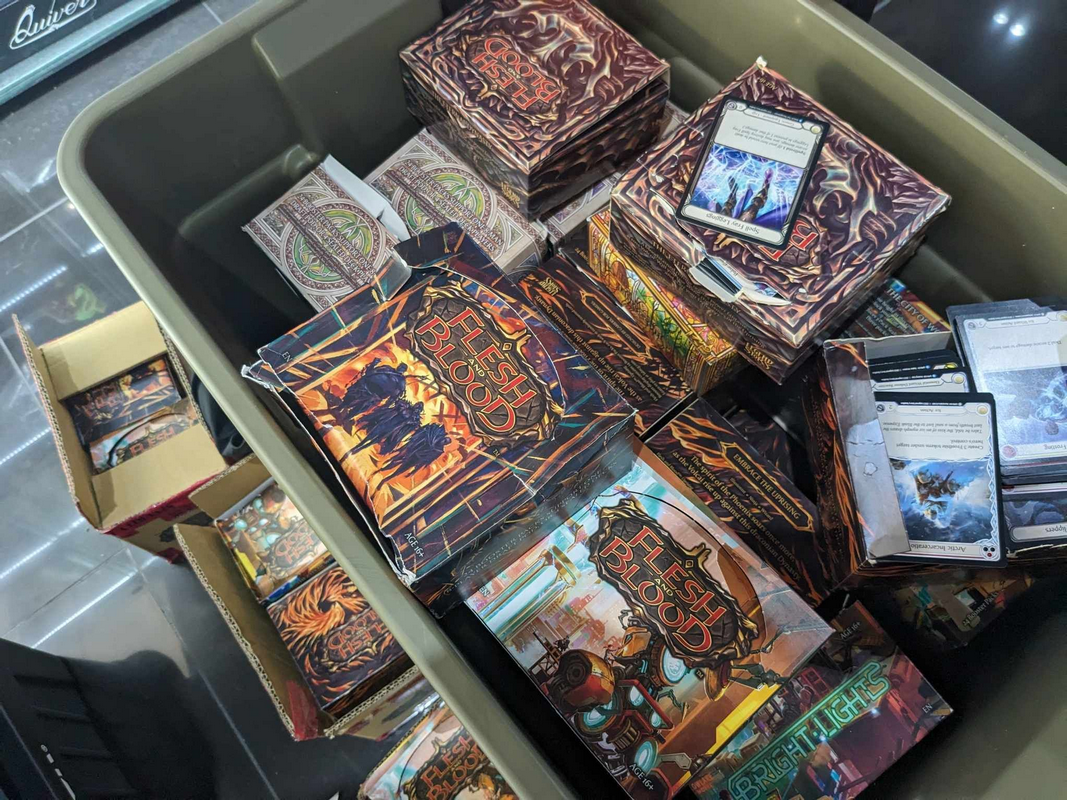
Finally, we get to community-building. Sometimes, the way to increase demand for cards is to simply create it. Introducing your TCG hobby to others and forming a community around it not only helps grow the game but also puts you in a good position to provide for the needs of new players. This means it’s easier to sell common cards and other small purchases that more seasoned players won’t buy. Building trust and good relationships with the community you’ve created means that you’ll be one of the first names in their mind if ever they’re looking for something.
Logistical Costs
Lastly, we’ll discuss the harsh reality of going through any of these – they all have logistical costs that eat through any kind of profit that you can make. Things like travel costs, parking fees, food expenses, tournament entrance fees, etc. add up quickly, not to mention the time that you spend on them.
For example, my typical Armory day racks up the following bill: Php 400 entry fee, maybe Php 200 on gas, a Php 150 parking fee, and around Php 500 spent on food and drinks if I stick around for dinner. Even if I win the whole thing, get three packs, and sell the promo card for a good price, it wouldn’t break even. The only thing that would put me in the positive is if I open something good from those packs, but that would mean more losses if nothing of value comes out of them. Still, it’s a better option than collecting all the prize packs together to sell at a discounted price because at most it’ll just refund the tournament entry fees and not much else, so it’s often better to just open them in the hopes of finding something valuable.
Closing Thoughts
I don’t advocate pursuing the TCG hobby purely for monetary reasons because most of the time, the best you can do is break even from the expenses of pursuing the hobby itself, and most profits are not big enough to build a sustainable lifestyle around unless you’re setting it up as a business (which is an entirely different matter). Like most other hobbies, it will mostly be a (hopefully) fun and rewarding expense that we pursue to enrich our lives.
Still, there are merits in trying to make money from TCGs as a player. For one, there’s always the thrill of opening something good and being able to sell it. You also get to meet people and create good relationships in your local community through buying, trading, and selling. Speculating cards can lead to discoveries that can help you win more games, and probably even major tournaments. And at the end of the day, every little sale helps us stay in the hobby and enjoy it a bit more.
Saving money is just as important as making money in TCGs!
Read More:
–How To Save Money In TCGs – 5 Important Tips!
Check out the stories of the successful players during the past few weeks of FaB TCG’s Road to Nationals Season!
Read More:
–FaB TCG Unbox RTN Results – The Nationals Season Begins!
–FaB TCG Road to Nationals Week 2 – Top Finishes for Unbox
–Flesh And Blood TCG RTN Week 3 – Back To Back Champs!
Get into the TCG hobby with these 5 games that you have to try this year!
Read More:
-The Five New Trading Card Games You Should Play This Year


